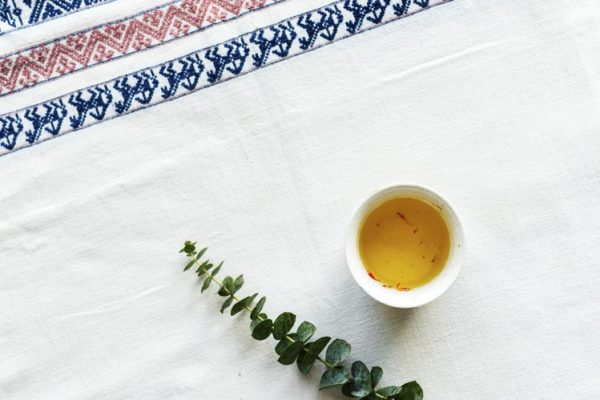Research currently shows that white Europeans have a 69% chance of finding a good match, while people from BAME and ethnic minority backgrounds only have a 20% chance of finding a match. If you’re of Middle Eastern descent, the chances then go down to 5%.
Research currently shows that white Europeans have a 69% chance of finding a good match, while people from BAME and ethnic minority backgrounds only have a 20% chance of finding a match. If you’re of Middle Eastern descent, the chances then go down to 5%.
Fizel Nejebat, whose sister was diagnosed with a rare form of blood cancer, has started a campaign called Match4Sara to educate and call for ethnic minorities to sign up to become stem cell donors. Tackling the huge racial disparity in stem cell donations, Fizel hopes to raise awareness in both the local and wider community.
To sign up and register, go to www.dkms.org.uk/sara – most people will never be called as only 1 in 800 people are actually called to donate but this just means that we need to sign up as many people as possible so that we can help Sara as well as anyone else who might need a stem cell donor in the future.
Research currently shows that white Europeans have a 69% chance of finding a good match, while people from BAME and ethnic minority backgrounds only have a 20% chance of finding a match. If you’re of Middle Eastern descent, the chances then go down to 5%.
There are also currently around 2.5 million people on the stem cell donor register in the UK – although the majority of them are Caucasian. According to statistics, less than 4,000 people out of the 2.5 million are people of Middle Eastern descent, meaning that people like Fizel’s sister are so much more likely not to be able to find a donor.
Fizel Nejabat’s sister Sara, a 41-year-old mother of two who was diagnosed with a form of blood cancer called myelofibrosis a few years ago, is currently one of those in the 5% – and with research showing that 75% of patients have to find a match outside of their family, someone like Sara is in dire need of a stem cell donor from the outside community.
Fizel stated:
I want her to know that we did everything possible. And I want her to feel like the world has done everything it can to keep her here. I don’t know if it will work. I’m not sure. Whatever happens, I don’t want my sister to go out without me fighting for her. That, for me, is the most important thing.”
With low numbers of ethnic minorities donating stem cells, Fizel blames misinformation and myths within the community for the low number of people wanting to donate for people like Sara. Stem cell donation is just the new name for bone marrow donations, and the process today does not include the stereotypical images of painful extractions using needles.
Being a stem cell donor is extremely similar to simply donating blood, and Fizel hopes that with a campaign like Match4Sara – which he started to raise awareness and find a donor for his sister – more people within the community will help join the cause.
To sign up and register to be a part of the campaign to help donate stem cells for people in dire need like Sara, go to www.dkms.org.uk/sara.
To watch a video on stem cell donation, click below:
To learn more about ethnic minority groups and stem cell donations, click on the resources below:
UK Stem Cell Register Increases to 1.6 million
Saving Lives of People with Blood Cancer
Tremendous Racial and Ethnic Disparity Observed in Access to Matched Donor Stem Cells





